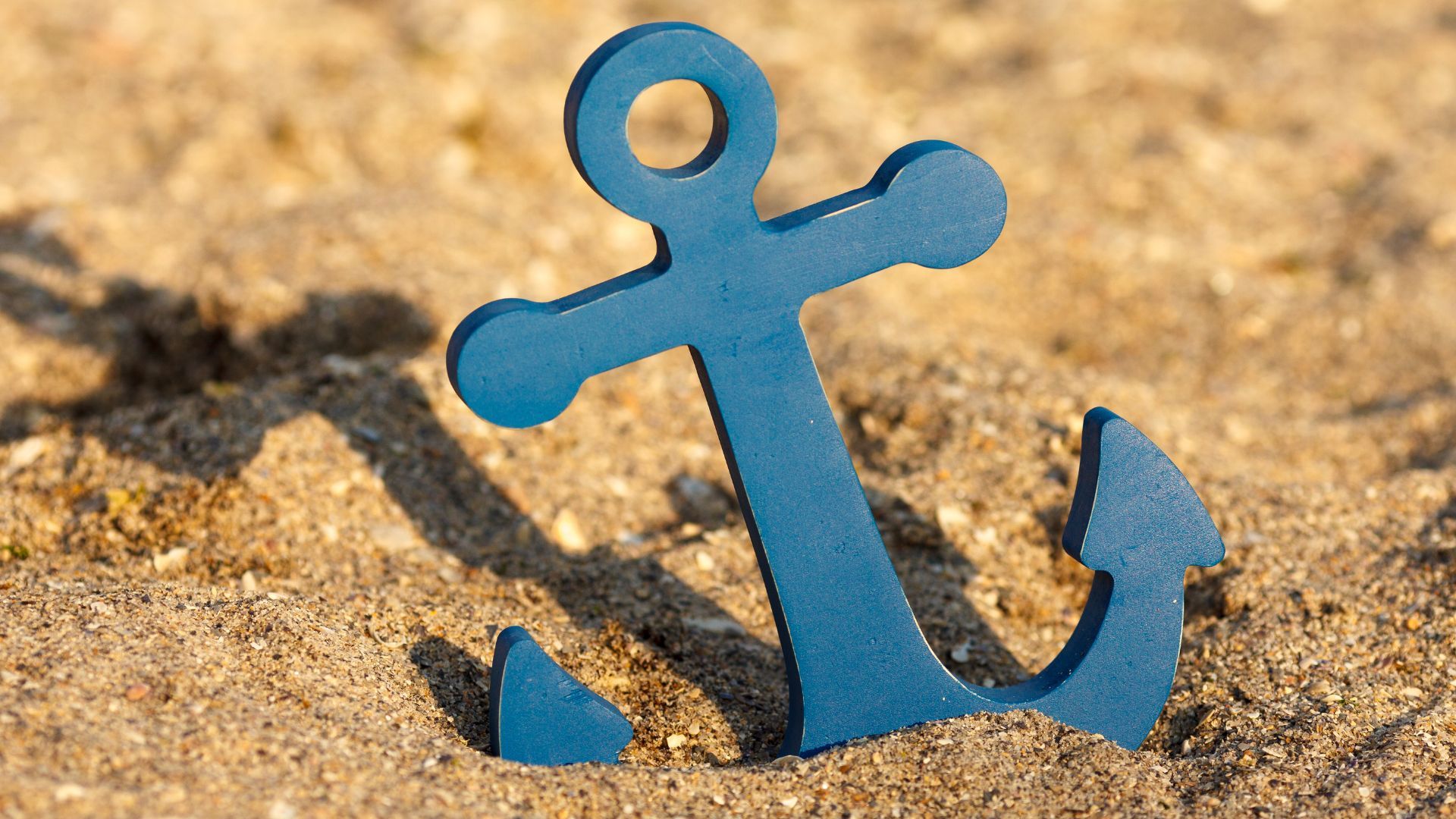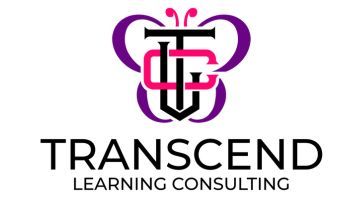Instructional Leaders, As You Pursue Accountability, Anchor It In Humanity
Apr 25, 2025
Total reading time: 3 mins
Lisa, a veteran principal, sat across from me with frustration. “I don't understand, we’ve implemented various accountability measures—data walls, data chats, frequent observations, improvement plans…but still not seeing the commitment to professional development from teachers or growth I expected.”
This situation is not uncommon in education. For years, we’ve equated accountability with compliance, believing that more oversight leads to better outcomes. But what if we’ve been getting it fundamentally wrong?
The Accountability Paradox
Traditional accountability systems operate by the premise: measure, evaluate, and hold people responsible for results. Seems reasonable enough right? After all, accountability drives progress by setting clear expectations for success and ensures everyone does their part.
The problem arises when accountability is anchored in control, fear, and punitive measures. Using what we know about human behavior, we may have overlooked a fundamental truth: human beings don’t thrive under surveillance; they flourish with autonomy and support.
When people feel monitored and criticized for their shortcomings rather than developed to overcome them, they will retreat into self-protection. This is a natural survival mechanism that undermines and hinders the outcomes we aim to improve—student learning, teacher growth, school culture.
Shifting Your Mindset: From Control to Ownership
What if the key to fostering growth—both for your teachers and students—lies not in control, but in ownership? What if, instead of rigid oversight, we leaned into empowerment, trust, and shared responsibility?
While expectations and standards are essential, an overemphasis on control and unbalanced power can create a culture of fear, resistance, and surface-level compliance. By shifting our mindset from control to ownership, we redefine accountability as a shared commitment and endeavor. This means trusting teachers as professionals, valuing their expertise, and involving them in setting goals, monitoring progress, and identifying solutions. Ownership fosters intrinsic motivation. When people educators feel they have a voice in shaping their development, they are more likely to invest in their growth and take responsibility for student success.
This shift doesn’t mean lowering expectations or abandoning accountability; it means integrating it with humanity. It means replacing fear-based compliance with a culture where teachers feel safe to take risks, reflect openly, and push themselves toward excellence—because they want to, not because they have to.
Overcoming Mental Blocks to Humanizing Accountability
A humane accountability system focuses on growth, not just outcomes. This shift to a human-centered approach isn’t easy and will require overcoming some common mental blocks:
- If I give up control, nothing will get done.
- Loosening the reins will lower expectations and lead to complacency.
- What I don’t measure, won’t get done.
When people feel empowered and supported in their growth journey, they will be more motivated, productive, and capable of sustainable change rather than when they feel monitored, coerced, or threatened.
In essence, when accountability is humanized, it should foster a sense of ownership, trust, and growth—making it a powerful, motivating force for continuous improvement.
Consider This:
As you reflect on your accountability mindset and processes, start by asking yourself:
- Do they build ownership or compliance?
- Do they honor human needs alongside organizational goals?
- Do they create fear or promote growth?
Stay connected!
Join our Beyond Coaching newsletter to receive valuable insights, pro tips, and actionable strategies to sharpen your personal leadership skills and coaching practice.
We hate SPAM. We will never sell your information, for any reason.


